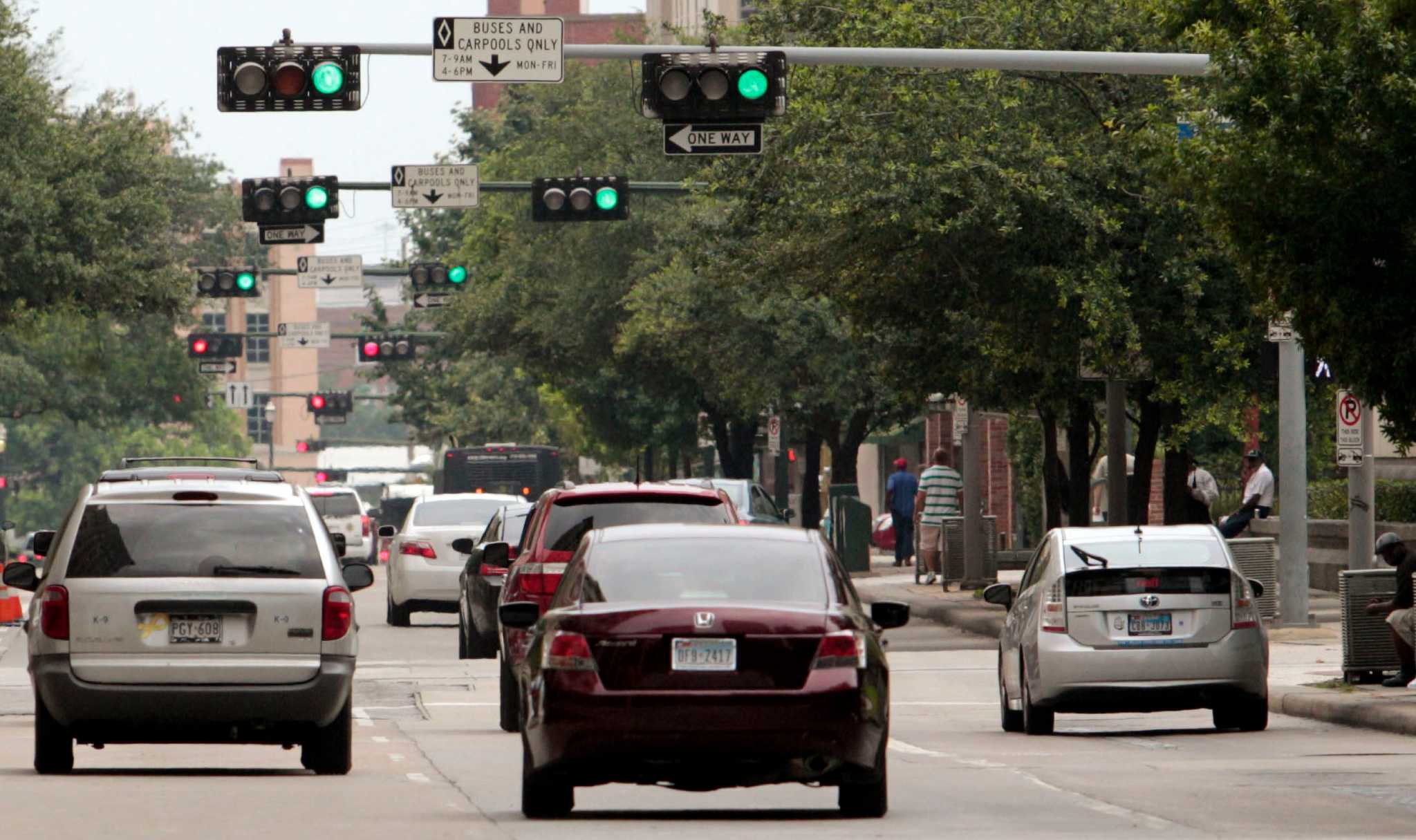Decision Tuesday could cost taxpayers $335 million
Here we go again. Horsepower Electric is back. And with new champions on the county commission.
Miami-Dade may rescind the 2020 $167 million contract with Yunex Traffic for the synchronization of traffic lights — which started late because of COVID — and shift the rest of the work to a politically-connected contractor who gave more than $80,000 in campaign contributions to members on the dais.
It could end up costing taxpayers many millions more and delaying the work for about a year, at least.
Mayor Daniella Levine Cava says the implementation of the “Advanced Traffic Management Solution” project — which would result in a “complete, functional and intelligent traffic management system” — has had several delays and could fail to meet the December 2029 deadline. Yunex has proposed a “recovery schedule” with modifications to reach the goals. But the county rejected them last month.
Pero, of course they did. This gives them the opportunity to go back to the vendor who came in second in 2020 with a bid that was $86 million more.
Read related: Miami-Dade commission and mayor play tug-of-war with $86 million
“The proposed changes represent a material deviation from the contract,” Levine Cava wrote in a March 10 memo to the commission, adding that the administration recommends terminating the current contract and instead negotiate directly with Horsepower Electric, as directed by the commission in 2020. Then staff is to come back to the commission with a recommendation to either pursue an open bid or waive the competitive process and award the rest of the contract to Horsepower.
So, it’s been a long fight, but Horsepower is still trying to get it’s piece of the pie four years later.
Back then, the company’s champions were commissioners Rebeca Sosa and Joe Martinez. This go-around, Horsepower a family-owned Miami business founded in 1985 by Hector Ortiz — which had filed a bid protest for the contract in 2020 — has invested at least $80,000 in all new people.
Since May of 2022, campaign finance reports show that Horsepower Electric and owners Hector and Humberto Ortiz gave $28,000 to Levine Cava and her Our Democracy political action committee, $21,000 to Chairman Oliver Gilbert and his Common Voices PAC, $10K to Vice Chairman Anthony Rodriguez‘s A Bolder Florida PAC, $10K to Commissioner Keon Hardemon‘s Do Good PAC and $11,000 to Commissioner Kevin Cabrera‘s Dade First PAC.
So let’s watch in particular what they say Tuesday when the commission is presented with three options.
One of them — the preferred option — would terminate the Yunex contract and authorize the administration to negotiate with Horsepower Electric for the rest of work. It’s what amounts to a no-bid $175 million contract. The second option, estimate at $250 million, is to terminate the contract and just go out to bid. The third option is to split the work between two vendors, basically Yunex and Horsepower. That option is estimated to cost $335 million. All options would cause delays.
Read related: Miami-Dade airport contract stalls as politicians meddle in procurement
What’s missing is a fourth option — to work the issues out with Yunex, like they would if Horsepower wasn’t waiting in the wings, nudging them.
Yunex President Rodney Mathis says in a letter to commissioners that the project is on time and on budget, with more than 800 of the 2,900 intersections completed. They’ve also stepped it up, going from about 10 intersections a week to 60 intersections a week to meet the deadlines.
“Any change to the path forward would be a misuse of taxpayer’s money and delay the Project, depriving the taxpayers of what they have paid for,” Mathis wrote.
It seems pretty obvious that certain people at the county want to go back to Horsepower, which failed the pilot installation project of 300 intersections under the old commission.
Commissioner Raquel Regalado might throw a wrench into that plan. She seemed resistant when the issue came up at the Chairman’s Policy Council last week.
“My biggest concern is the procurement leap. One thing is the termination of an agreement and another thing is to leap frog into recommendations about using other vendors,” Regalado said.
“The message you’re sending to folks is that you can participating in the procurement, you can win and then a few years down the road when you hit a hiccup, we’re going to go back to the original procurement, reshuffle the deck and add a few million dollars,” she said, adding that she has no confidence in taken the systems in-house.
“Our IT department has zero credibility with running systems,” she said. “My stomach hurts.”


